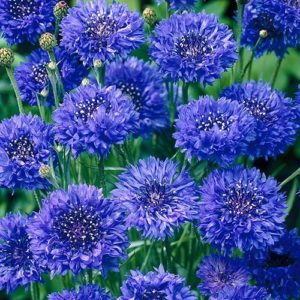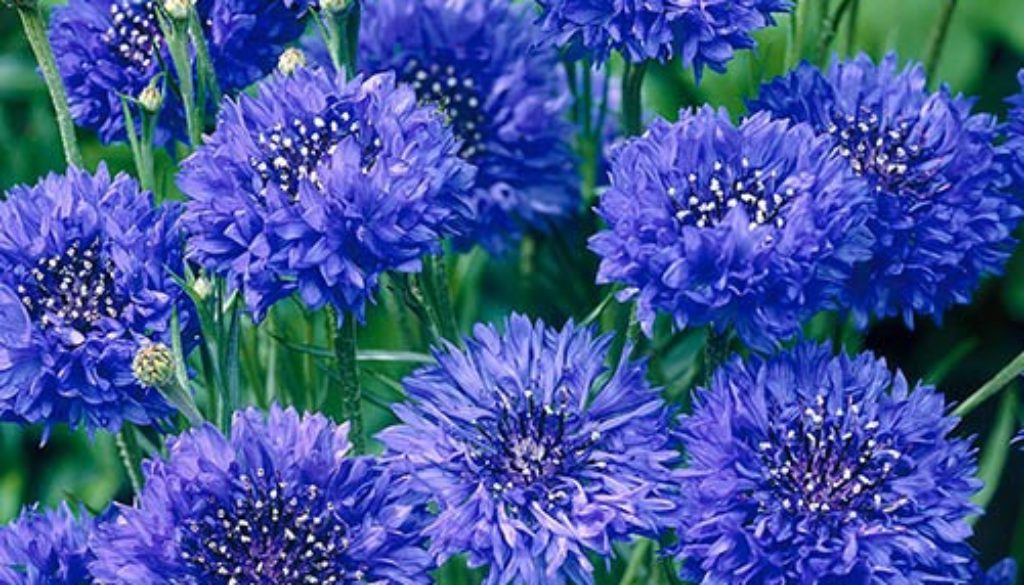How Long Do Flower Seeds Last?

Introduction: Flower Seed Shelf Life
Flower seeds are a gardener’s best friend, and with a little care, they can last for years. Here’s what you need to know about storing your flower seeds to extend their shelf life.
When it comes to storing flower seeds, the key is to keep them cool and dry. That means storing them in a dark, cool place like a basement or garage. If you don’t have access to a cool, dark place, you can store your seeds in the fridge. Just be sure to put them in an airtight container so they don’t dry out.
Another thing to keep in mind is that some flower seeds need special treatment before they can be stored. For example, many flower seeds need to be stratified, which means they need to be exposed to cold temperatures for a period of time before they’ll germinate.
Flower seeds are a gardener’s best friend, and knowing how long they will last is important for any green thumb. The average shelf life for flower seeds is two to three years, but there are a few things that can help them last even longer. Proper storage is key to maintaining a high germination rate and prolonging the life of your seeds. Here are a few tips on how to store your flower seeds to get the most out of them.
1. Keep them cool and dry. Flower seeds should be stored in a cool, dark place. A fridge or freezer is ideal, but any cool, dark cupboard will do.
2. Avoid extremes of temperature. Too much heat or cold can damage flower seeds and reduce their shelf life.
3. Keep them away from light.
Why Do Flower Seeds Expire?
A flower’s seeds are its means of reproduction, but they won’t last forever. Seeds expiration dates vary by species, but typically fall within one to three years after the flower blooms. After that time, the seed’s ability to germinate (grow into a new plant) declines sharply. There are several reasons for this.
First, as seeds age their cellular structure breaks down and they lose moisture. This makes it harder for them to take in water when they’re planted, which is necessary for germination. Second, old seeds are more susceptible to fungal and bacterial growth that can prevent germination altogether. And finally, as seeds age their coatings wear away or break open, exposing the embryo inside and making it vulnerable to drying out or being eaten by predators before it has a chance to grow.
When it comes to flower seeds, there is a little-known fact that they have an expiration date. While the packets may not have an expiration date printed on them, the seeds inside do have a limited shelf life. After a certain amount of time, the flower seeds will no longer be viable and will not be able to germinate.
There are a few reasons why flower seeds expire. One reason is that the seed coat dries out over time and becomes less permeable. This means that water and air cannot get into the seed, which is necessary for germination. Another reason is that the embryo inside the seed dries out and dies. Without a viable embryo, the seed cannot grow into a plant.
Knowing the expiration date of your flower seeds is important in order to ensure that you are planting viable seeds.
Storing Flower Seeds
When it comes to storing flower seeds, there are a few things you need to take into consideration. The first is what type of seed you have. Some seeds need to be kept in a cool, dry place, while others need to be kept in a warm, humid environment. You also need to make sure that the seeds are properly labelled so that you know when they were collected and what variety they are.
If you’re not sure how to store your flower seeds, consult with a local nursery or gardening centre. They can give you specific instructions based on the type of seed you have. With proper storage, your flower seeds can last for several years.
When it comes to storing flower seeds, there are a few things you need to keep in mind. First, make sure the seeds are dry before storing them. If they’re not dry, they could mold and mildew, which will ruin them. Second, store the seeds in a cool, dark place. A fridge or freezer is ideal. Third, keep the seeds in an airtight container. This will keep them from drying out and losing their viability. fourth, if you’re storing the seeds for more than a year, be sure to label the container with the date so you know when they were collected. By following these simple tips, you can ensure your flower seeds will be viable for planting next season.
How To Tell If Flower Seeds Are Still Good
If you’re not sure whether your flower seeds are still good, there are a few simple tests you can do at home. With just a little bit of time and effort, you can find out if your seeds are still viable and ready to grow.
To test if your flower seeds are still good, start by taking a small sample of seeds and placing them on a damp paper towel. Fold the towel over the seeds and set it aside in a warm place. Check on the seeds after a few days to see if they’ve germinated.
If none of the seeds have germinated, that doesn’t necessarily mean they’re no longer viable. Another test you can try is to plant the seeds in moistened potting soil. Place the pots in a warm location and keep the soil moist but not wet.
If you’re not sure whether your flower seeds are still good, there are a few simple tests you can do at home. With just a few household items, you can tell if your seeds are still viable and ready to plant.
To test your seeds, start by soaking them in a cup of lukewarm water overnight. After 24 hours, check to see if any of the seeds have floated to the surface. If more than 10% of the seeds float, it’s likely that they’re no longer viable.
Next, take a damp paper towel and fold it over the seeds. Place the towel in a warm, dark place for 48 hours, such as on top of the fridge. After 48 hours, check to see if any sprouts have appeared. If so, your seeds are still good! If you have any questions or concerns, please contact a member of our customer service team at 1-888-738-7378 M-F 9am – 5pm EST.
The Best Flower Seeds To Buy For Storage
There are a few things to consider when purchasing flower seeds for storage. The first is the type of seed. Some seeds, such as annuals, will only last for one season. Others, like perennials, can be stored for multiple years. The second is the storage method. Seeds can be stored in a cool, dry place or in the refrigerator. The third is the expiration date. Most seeds will remain viable for 1-2 years if stored properly.
When it comes to choosing the best flower seeds to buy for storage, there are a few key factors to consider. The type of seed, the storage method, and the expiration date are all important factors that will affect how long your seeds will last. With a little bit of planning and research, you can find the perfect flower seeds to keep your garden looking beautiful for years to come!
There are a few things to consider when purchasing flower seeds for storage. The first is the type of seed. Some seeds, like annuals, only last one season. Others, like perennials, will come back year after year. The second is the climate in which the seeds will be stored. Seeds that are kept in a cool, dry place will last longer than those that are kept in a warm, humid place. The third is the date of purchase. Seeds that are purchased from a reputable source and that are within their expiration date will have the best chance of germinating when planted.
Some annuals to consider for storage include marigolds, zinnias, and impatiens. Perennials include irises, lilies, and roses. When storing seeds, be sure to keep them in a cool, dry place away from direct sunlight. Here are some tips to help you get the most from your seeds:
• Be sure to label your seed packet or container. This will make it easier if you have a large quantity of seeds.
Conclusion: How Long Do Flower Seeds Last?
A study conducted by the University of California, Davis shows that flower seeds last anywhere from one to three years. The study looked at a variety of factors, including storage conditions and seed type.
When it comes to storing your flower seeds, be sure to keep them in a cool, dry place. Heat and moisture can shorten the lifespan of your seeds. For best results, store them in an airtight container in the refrigerator.
There are many different types of flower seeds, and each one has its own shelf life. Annuals tend to have shorter-lived seeds than perennials. Some common annual flowers with short-lived seeds include marigolds, impatiens, and petunias. Perennials with longer-lived seeds include columbine, black-eyed Susan, and bleeding heart. A general rule of thumb is that seeds will remain viable for about two years. Some seeds, such as those from lettuce and spinach, are viable for only a few months.

